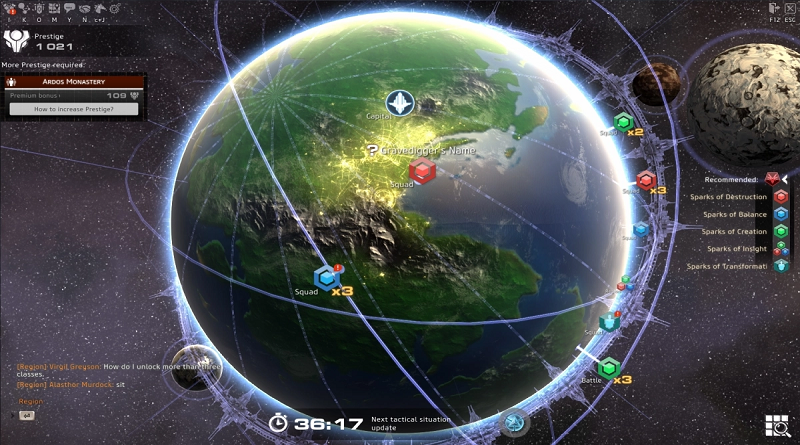Geographic databases hold worlds of information
Geographic databases and associated geospatial information systems were created to hold complex information about the world and answer the questions about location that are often the first questions analysts ask of data.
Standard databases can hold basic values like a single number or a snippet of text in tables, but the standard routines for searching or selecting information in a query don’t work with real-world data that occupies two or three dimensions. Geographic databases and geospatial information systems efficiently specialize in this advanced style of data processing.











